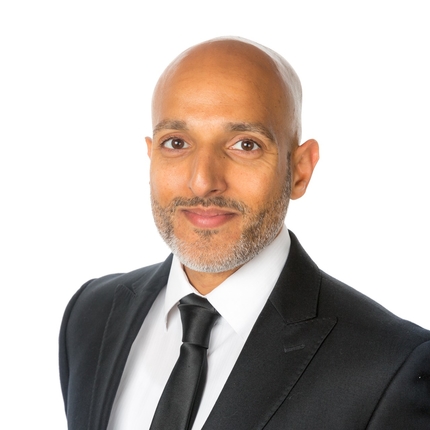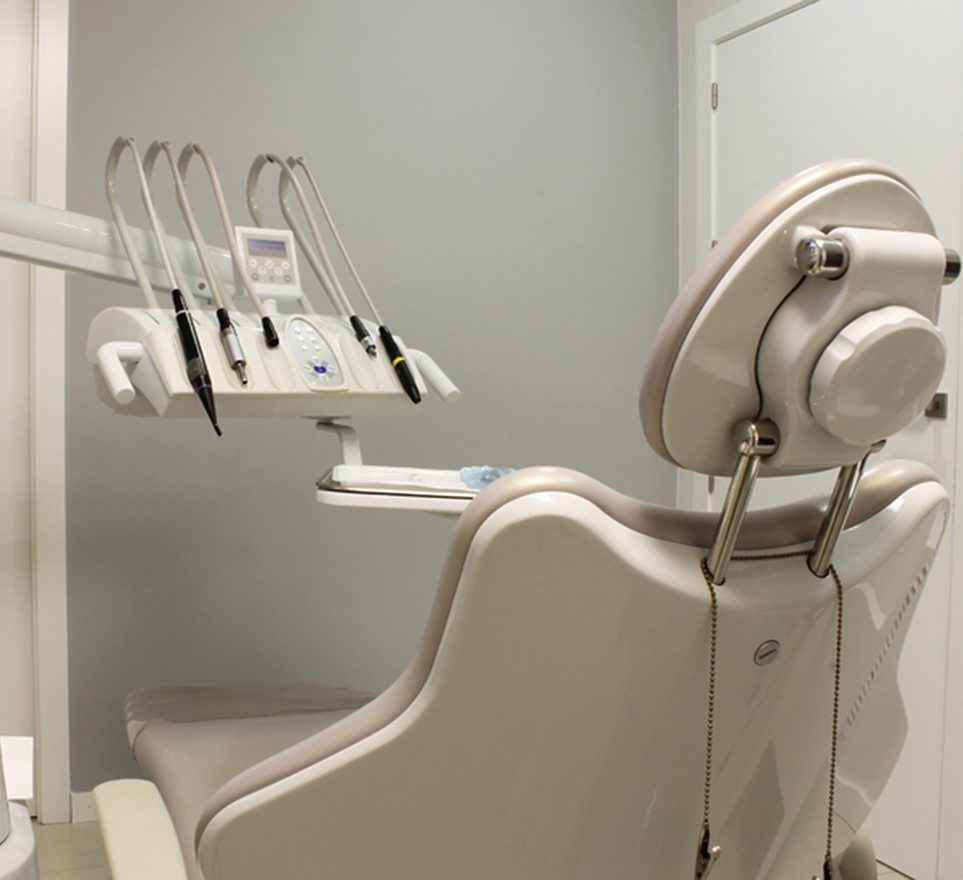If you have lost a tooth or had one removed by your dentist then there are a number of options available to you in order to replace the tooth and fill the gap in your smile. Before you embark on a treatment plan, it is important to know about all of your available options and understand which option is best for you.
Among dentists, dental implants are considered to be the one of the best treatment option for patients with a missing tooth. Their use has become more widespread across the UK and we are a proud provider of dental implants in West Sussex. But what are dental implants and are they right for you?
Dental implants: the basics
A dental implant is an artificial tooth which is gently and carefully implanted into the socket of your missing tooth. As the artificial tooth does not have a natural root to keep it in place, the implant acts like a natural root and provides stability.
Unlike dentures and bridges, a dental implant will make close contact with your existing bone which over time will grow over the surface of the implant, further enhancing its integration into your mouth.
Dental implants are also commonly the preferred treatment as they can look and feel more natural in the mouth, which helps maintain the patient’s smile and alleviates any self-consciousness which can come after losing a tooth. For more information on what to do when you lose a tooth and the different options available, visit our dedicated page: What to do with chipped, broken or missing teeth.
What are dental implants made of?
Dental implants are made from titanium which is a high-quality, biocompatible material that will provide a strong and long-lasting base for your new tooth. Over time, your natural jaw bone will be able to fuse with this material. The crown of the tooth is usually made from ceramic and fitted into the tooth.
How is it fitted?
The first stage of the process will be to assess the bone health and then to fit the artificial root (a titanium implant ) into the jaw. Once the implant has become stable and is reacting well with the surrounding bone then the crown will be fitted and fixed into the implant, securing it in your mouth.
If you experience any discomfort after the tooth is fitted you can visit your dentist for a check-up and adjustment, however dental implants should be comfortable and you can often drink and chew immediately after insertion.
How long does it take?
The length of time taken to fit an implant can vary, but it usually involves a few visits to your dentist. A large factor which will affect the timescale of your treatment is the quality of the surrounding bone in your jaw. If your natural tooth has been missing for some time, then the quality of the jaw bone may have deteriorated. This means the implant might take longer to fit and a bone-grafting material may need to be applied to stimulate bone regeneration.
Bone grafting materials are applied in the jaw cavity to encourage bone regeneration and provide a structure for the natural bone to reform. Different materials available include bovine, porcine and synthetic options. Your dentist will be able to talk you through these options and discuss the expected time implications to your treatment plan.
The best way to know how long your procedure might take is to speak with a skilled dentist who can assess your situation and advise you accordingly. If you would like to discuss dental implants in West Sussex, contact our highly skilled team at Vitality Dental to talk through your options.
How long does the implant last?
When properly cared for and good oral hygiene is maintained, a dental implant should last as long as your natural teeth. Your hygienist will talk you through any special measures recommended to keep the implant clean, but brushing twice a day and flossing regularly should be enough to keep it in good condition as long as you visit your dentist and hygienist on a regular basis. If any discomfort is caused or develops over time, then you can visit your dentist.
Can I have a full set?
Suitability for dental implants is assessed on a case-by-case basis by highly trained dentists. Whether you are having one implant or a full set, your dentist will first need to carry out an oral health examination to determine the best course of action. A patient should also be in good overall health and your dentist will help you to determine whether you have any underlying medical issues which could affect the healing process of a dental implant.
Gum disease is not only a threat to the health of remaining natural teeth, but is also a common cause of implant failure. Therefore, when gum disease is present in a patient’s mouth then it will need to be treated before a procedure can take place. At Vitality we recommend that you visit your hygienist on a regular basis to ensure your gums are healthy.
Where possible, it is always best to maintain and keep your natural teeth. However, if you have multiple teeth missing then full arch implant options are available. You can choose to have a full set of implants to support a denture or a fixed bridge. An experienced dentist will be able to provide further information about the suitability of each option for your needs.
How much does it cost?
The cost of dental implant procedures will vary according to the type of treatment and the number of implants required. The cost of full-mouth dental implants will therefore be higher than a single implant, but can often be a very economical way of replacing your teeth. As the most durable and effective solution for missing teeth, dental implants cost more than some of the other available solutions. Cheaper alternatives include a removable bridge or dentures which will need to be replaced over time. Dental implants are designed to be a life-long solution when cared for correctly and may therefore be more cost-effective over a number of years.
At Vitality, our highly-skilled team of dentists are able to offer advice and guidance on the suitability of dental implants for each patient. We can explain the full range of treatments available to replace a missing tooth so that you are equipped with all the knowledge you need to make an informed decision. Get in touch with our team today and discuss the different options to restore your smile.


